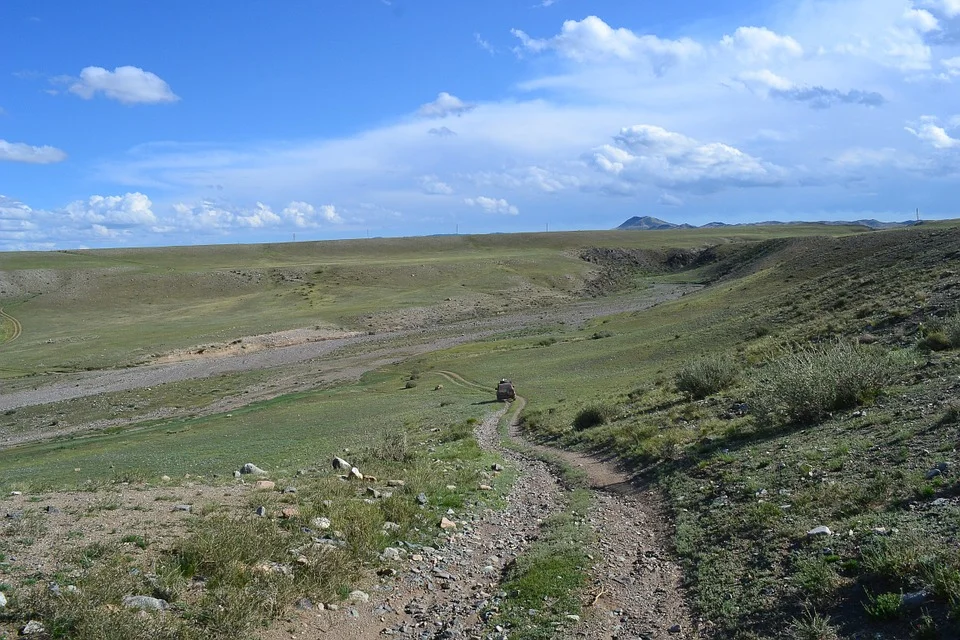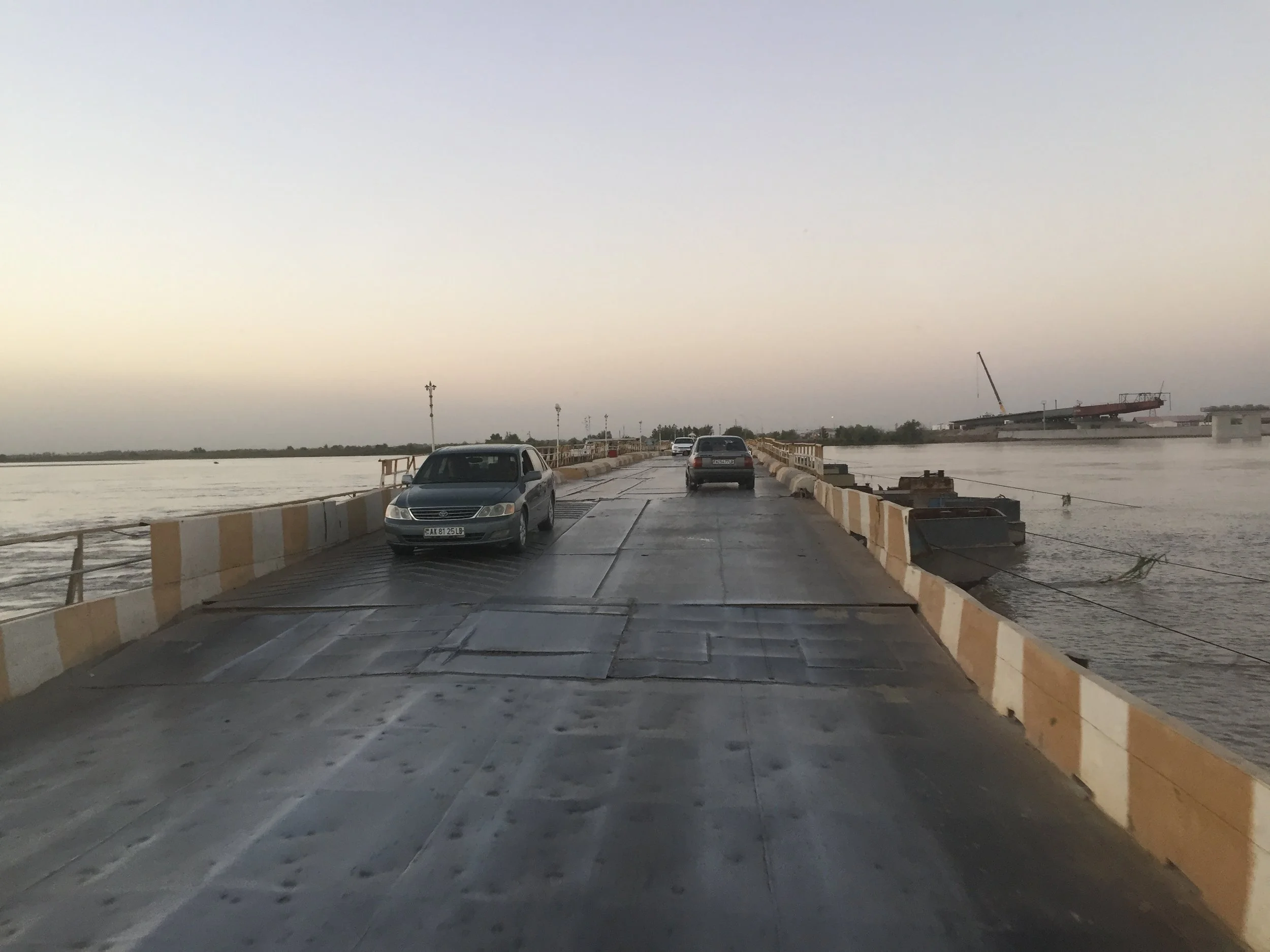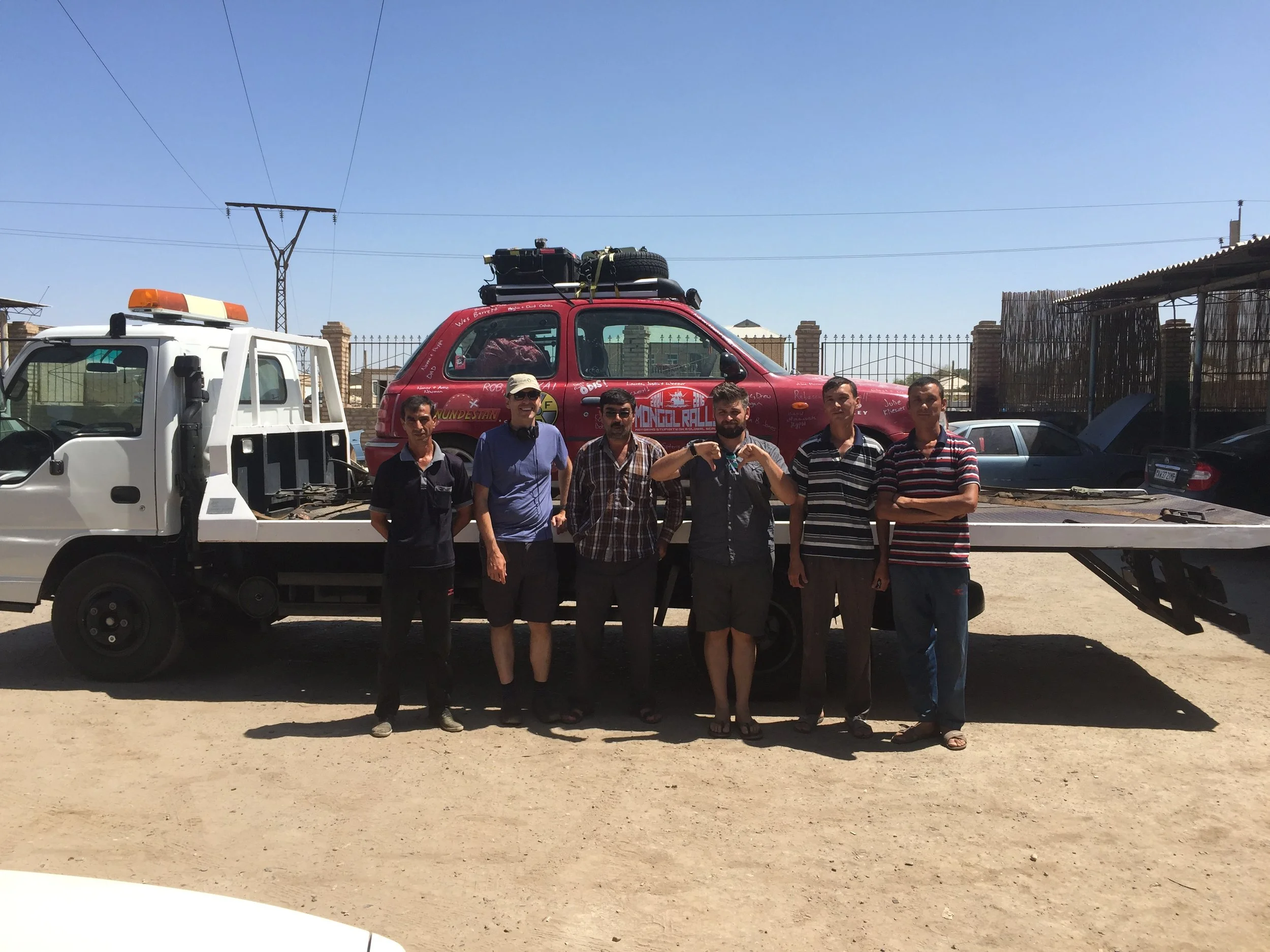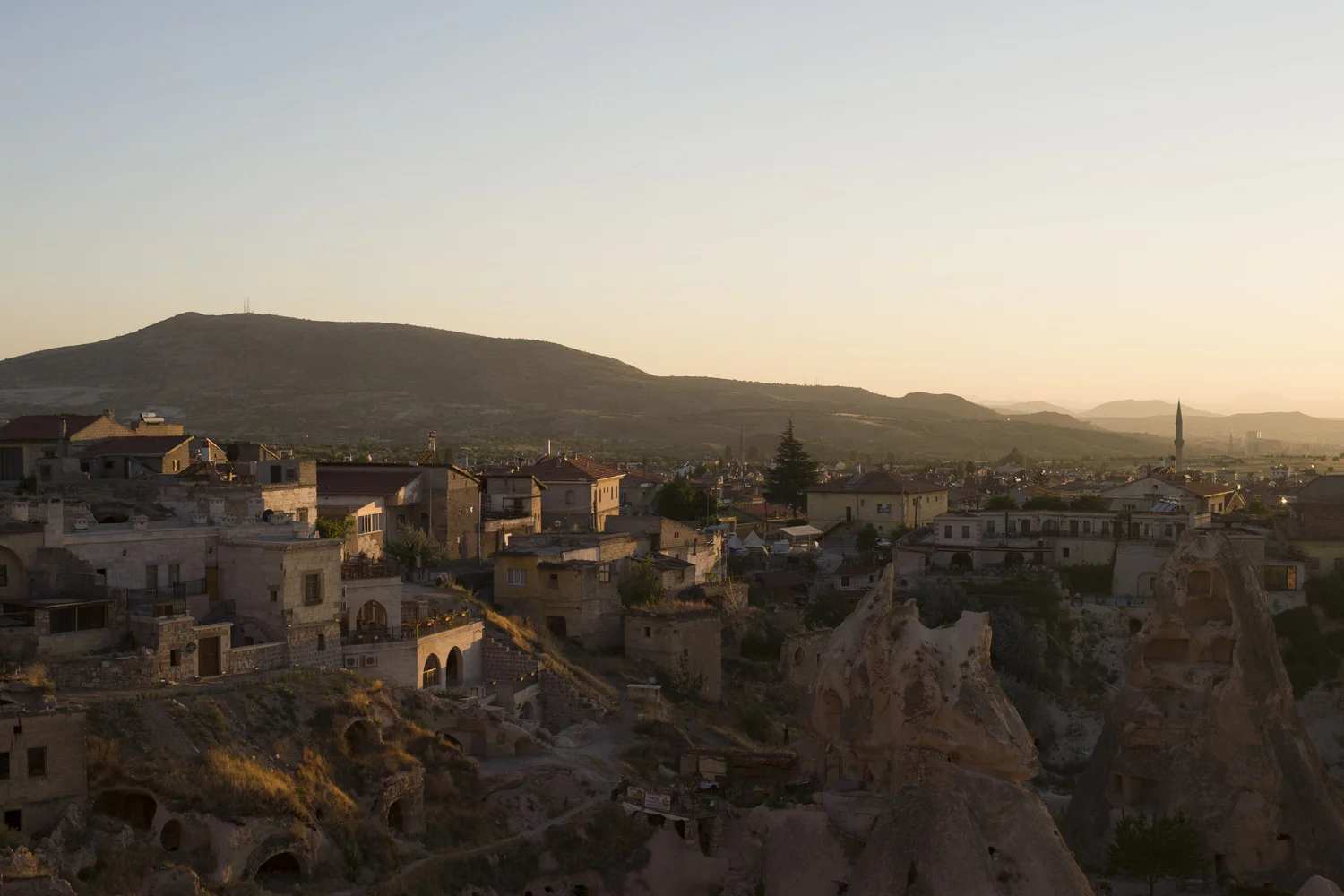The mountainous Pamir Highway was precisely the type of terrain that our 1-liter Nissan Micra hatchback was not suited to handle. One of our friends had described it as a car "that you would expect a 60-year-old woman to drive to the supermarket twice a week," and now we were pushing it to ever-greater extremes, keeping our fingers crossed that it would somehow persevere. So we weren't totally surprised when our luck eventually ran out.
The road gets rougher
Our car was running once again, but now we faced a handful of new mechanical issues, just as we were about to embark on the roughest part of our journey yet: a 600 mile stretch of mostly unpaved and mountainous road along the Tajik-Afghan border that's considered one of the most spectacular and potentially dangerous routes in the world.
Whatever it takes
We'd been on the road for three weeks and had driven more than 5000 miles across all of Europe and the western half of Asia. While the journey so far had been enjoyable and we'd gotten to see a lot, it was also incredibly tiring. So when we learned we'd be stuck in Bukhara, Uzbekistan for a week, waiting for our car to get repaired, we were actually thrilled at the opportunity to finally relax and get some much-needed rest. But things didn't go according to plan.
From bad to worse
In the three weeks since we started our journey, we'd broken down about four times, been to half a dozen mechanics, and tried all sorts of stop-gap measures to solve our car issues, but there was still some sort of big, underlying problem whose name we didn't yet know. Finally we were about to find out.
Should we stay or should we go?
Breaking down
Just plain weird
Culture clash
An eye-opening experience
Not what we expected
First there were a series of terrorist attacks in Istanbul and Ankara and a threat from Kurdish separatists vowing to target Turkey's tourism industry to inflict economic harm. Then an attempted military coup followed by a government crackdown on dissent. As we followed the news in the months leading up to our planned drive across Turkey, it was easy to feel nervous and uncertain about just what we would encounter.











